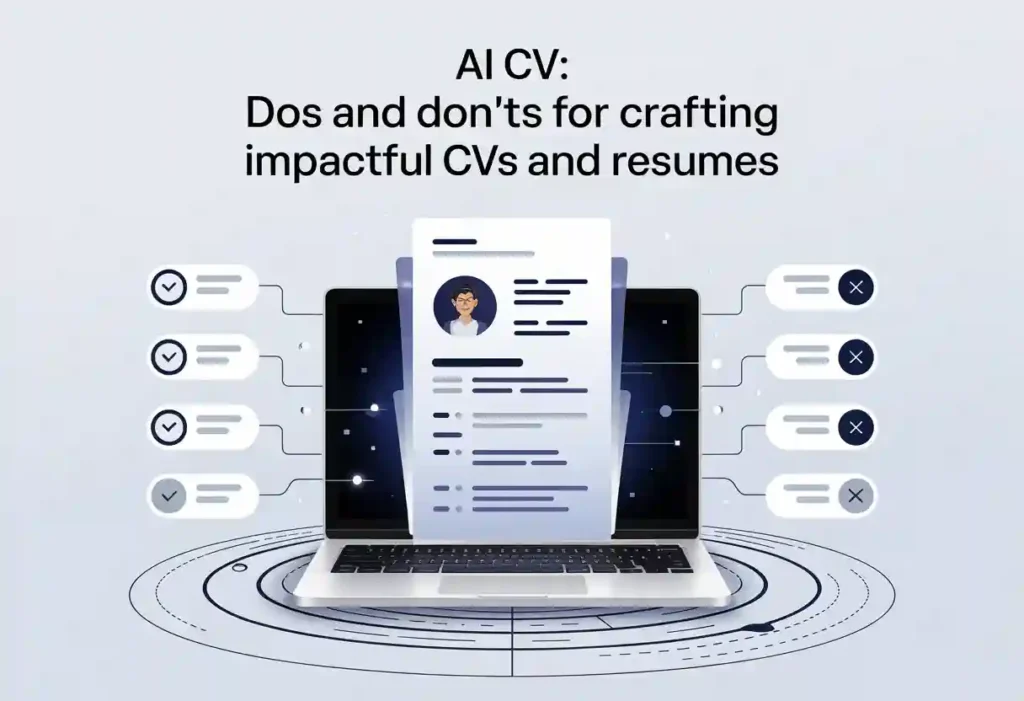What are employability skills?
Employability skills are those that employers look for in potential employees. These include:
- The core technical knowledge to enable you to work effectively
- Ability to interact with other colleagues
- Confidence
- Resilience
What are the top skills organizations look for?
- Teamwork
- Communication
- Problem-solving
- Time management
These qualities are vital to working with others and managing your tasks.
For instance, if you need to get a colleague’s input, but they’re busy, it can be frustrating for both of you!
An effective team player will work out the best way to collaborate with others.
How can I develop these skills?
Reflect on your work and what you have achieved to date.
Working with different people and managing deadlines can be challenging, but it teaches you a lot.
Recall the last occasion in your career when you had an argument or disagreed about something.
Did either of you learn anything new?
It’s an excellent plan to reflect on such events.
Then you can make sure that you avoid repeating the same mistakes!
Teamwork Skills
Collaborative skills are essential in most jobs.
That’s because they allow you and others to work as a team to achieve shared goals.
Teamwork also aids in problem-solving, communication, and creativity.
Learning these skills is helpful for students with no previous work history.
Communication Skills
Communicating with others is a vital skill that you can learn and practice.
You can improve your communication skills by practicing the following:
- Listen attentively to what they are saying and encourage them ─ check for understanding before continuing.
- Speak concisely and accurately; using appropriate language makes it easier for people to understand.
Problem-Solving Skills
Learning these skills is a lot of work. You can improve by:
- Identifying problems quickly ─ ask for assistance from others if you require it (e.g., professors, tutors, employability coaches, or consultants)
- Brainstorming possible solutions, choose one, and try it out
- Asking questions to find out more about every task or assignment you are involved in

Time Management Skills
It can be challenging to juggle school, work, and extracurricular activities.
Time management skills are vital for being successful in every area of your career and life.
One technique to improve this skill is planning ─ determining deadlines upfront, and breaking tasks into manageable chunks.
Be someone who gets the job done!
Employers highly value this skill, and it is something you can learn.
Some ways to improve this skill are as follows:
- Ask questions ─ be curious, and ask for more information when needed.
- Work with others and share responsibility (e.g., in a group project).
- Take the initiative! If there’s an opportunity to start working on a job immediately! Then report back once you have made some progress.
How can CVJURY help highlight my employability skills?
Our CV Builder is an interactive app that supports students in creating their CVs.
The site guides you through the process of understanding and highlighting your skills.
For example, skills like “interacting with others” or “navigating the world of work.”
It provides tips on how to show your job skills in a CV using evidence from experience.
You can highlight anything you feel will showcase your experience at university.
The web application guides you step-by-step through building a professional CV.
The app saves the final product online and is available for future use.
We’ll save it automatically if you use one of our templates in your CVJury account.
You can access the template later to modify it for future job applications if you like.
We assist students in identifying skills gaps they may need to realize are hindering them from landing a job after university.
Or changing careers to something more fulfilling.
Finding out what skills your potential employer is looking for will ensure you’re showcasing your key strengths.
- Does your future boss require someone who can do research well? Then show examples of projects where you found information relevant to the company.
- Do they want evidence of collaborative work? Then, show examples of projects you’ve participated in and explain why your skills helped the group.
- If they require someone who can think creatively, point to any project in which you demonstrated your creativity. Even if it’s something as simple as a blog post or presentation.
What makes a good employee?
Employers consider more than just qualifications when hiring staff members in today’s competitive job market.
With many potential candidates with relevant degrees and work experience, employers must ensure they’re making wise decisions.
They must weigh all aspects of each candidate’s skills to decide which person best suits the role.
You must showcase what you can achieve to support your employment application.
Are employability skills a big deal?
Developing in-demand skills will enable you to stand out from other candidates applying for similar positions within the same company or industry.
They also give you an edge over those who haven’t developed their knowledge base because they show initiative ─ something employers value.
Leveraging employability skills
To summarise: you need to be employable! Your training and education offer a foundation for future employment.
But to get hired, you must demonstrate your skills and ability to work well and collaborate with others effectively.
Assess what skills you must develop or work on.
Getting the job done, asking for help, and taking the initiative are vital attributes of an employability skill set.
What we have covered in this article will give you a good start toward building and improving your employability skills.
Develop them well, and you will soon get that job! Learn how to write a resume as a professional resume writer would.
Keep Reading For hot job search guides, click
- Job finding tips
- Resume builder and templates
- How to find a job in the different sectors



